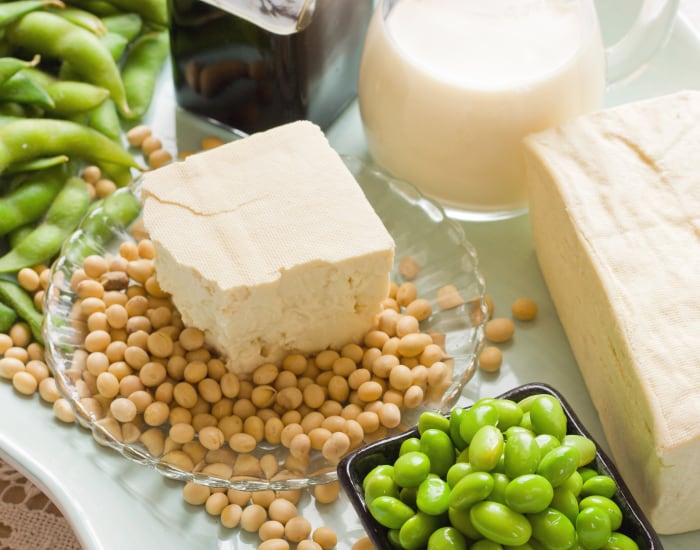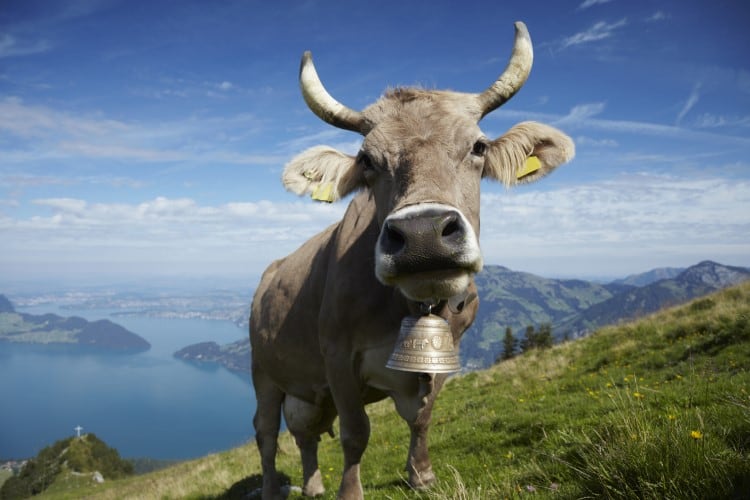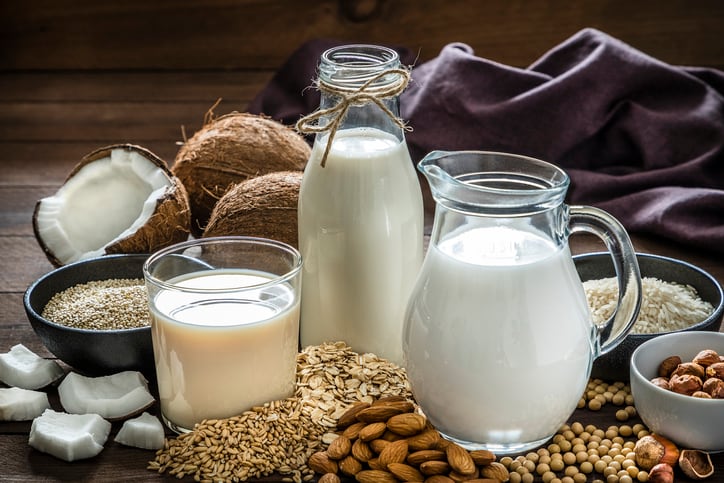New UK guidance aimed at Trading Standards officials and yet to be published will introduce tougher rules on plant-based labelling than are in place in the European Union, according to the organisation, which advocates for increased plant-based consumption and a transition away from conventional animal-based products.
ProVeg claimed brand names that would be ‘forbidden’ from supermarket shelves and coffee shops under the new guidance include: Flora Plant B*tter, M.L.K.Ology; Wunda Plant Based Not Milk; Good Hemp – Oat + Hemp Milk; and Mylk, Qurkee M’LK, amongst others.
“The new rules will hurt consumers and damage sensible, healthy food signposting that enables consumers to choose healthy and environmentally friendly plant-based options as part of their diet,” ProVeg argued.
“It seems incomprehensible that the Government would impose such restrictive measures on a booming part of the UK economy. It is both outrageous to push this forward and hugely unnecessary,” Jimmy Pierson, Director at Pro Veg UK, said. “It sends out the wrong message about supporting British business and about tackling climate change. Plant-based diets emit half as much greenhouse gas as animal-based diets and should be actively encouraged by the Government, not hindered. For example, Flora Plant B*tter has 75% less climate impact than dairy butter.”
What could change?
ProVeg claimed the guidance document is due to be published in a matter of ‘weeks’ and will effectively outlaw brands from using plays on words, such as “mylk”, and “m*lk”; statements such as “not milk” in conjunction with marketing imagery that evokes milk; the use of “an alternative to X” or terms such as “yoghurt-style”, “Wensleydale-type“; the use of terms, such as “red Leicester flavour” or “cheddar flavour” on non-dairy products; descriptive terms such as “semi” or “whole” applied to plant-based drinks.
According to ProVeg, the guidance was not subject to public consultation. It was drafted by what ProVeg described as an ‘obscure’ group called the Food Standards and Information Focus Group (FSIFG) and is intended to direct Trading Standards officers’ enforcement activity.
However, FoodNavigator understands that the Food Standards and Information Focus Group’s lead on developing a draft opinion is ‘consistent’ with the group’s function, which is to provide opinions to support and assist trading standards and environmental health officers.
And, while ProVeg claimed the plant-based sector ‘was not consulted’, this accusation was rebuffed by sources close to the development of the opinion. “The draft is currently in progress, and a range of views on potential interpretation have been considered, including from representatives of plant-based food manufacturers,” FoodNavigator was told.
Caught up in the culture wars?
Changes to the rules of how plant-based dairy alternatives can be marketed would be a departure from European regulations governing the plant-based sector.
The topic has proven controversial within the EU, where a proposal (Amendment 171) to ban terms that referenced dairy descriptors was defeated in the European Parliament. The UK guidance would therefore go ‘above and beyond’ the rules in place in the EU placing ‘more burden on businesses and restricting consumer choice’, the food awareness organisation argued.
The plant-based sector appears to be increasingly caught in the crosshair of the 'culture wars', with UK politicians from the right of the political spectrum taking aim at the 'tofu-eating wokerati'. Late last year, Ian Liddell Grainger, Conservative MP for Bridgwater and West Somerset, wrote to the Minister for Defra describing plant-based dairy alternatives as "filthy, nutritionally-deficient alternatives" and insisting veganism has had its day.
Responding at the time, the Plant-Based Food Alliance UK said: "We were really disappointed that an elected member took such a narrow perspective on the role of plant-based diets. We celebrate the fact that the UK is one of the world leaders in plant-based innovation and sales with all of the growth, jobs and export opportunities that brings. People shift to plant-based diets for medical, ethical, environmental, religious and many other personal reasons and we believe in providing choice for them."




